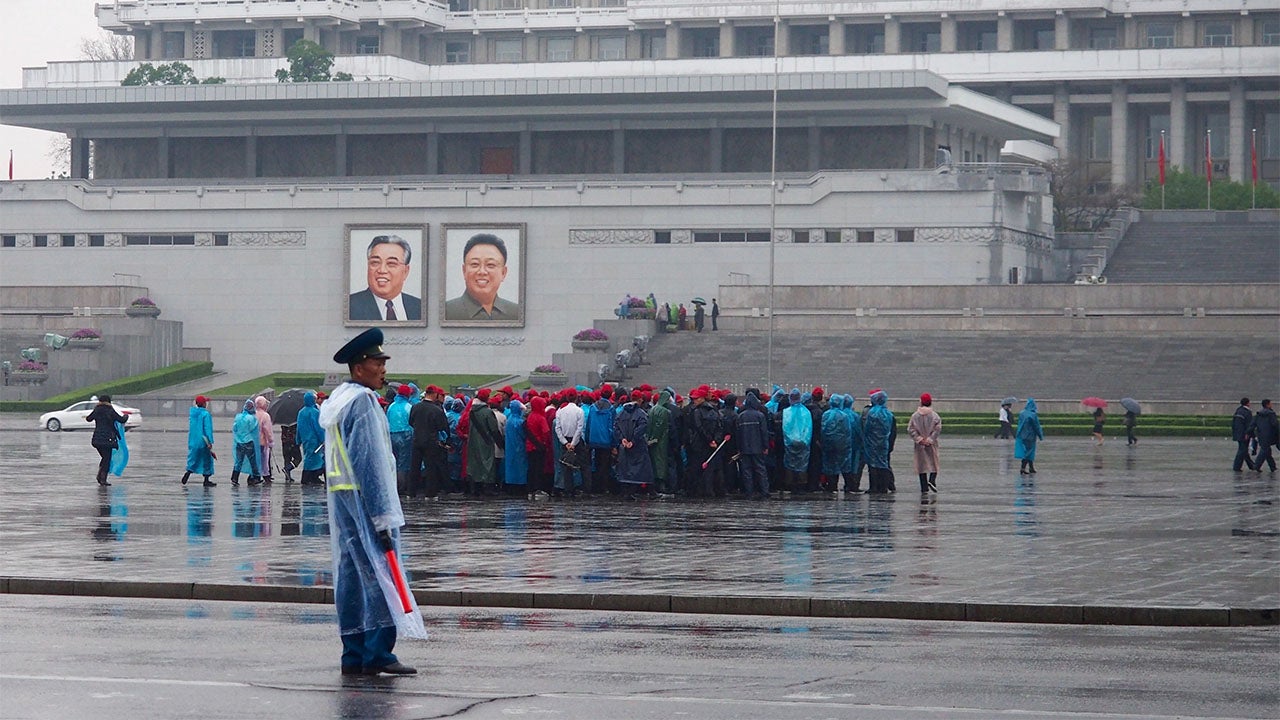Bryce Barros is a Scholar at the 2019 Aspen Security Forum.
Efforts to pressure North Korea have hit snags on the high seas, as evidence from the US and United Nations shows.
The UN and US have imposed repeated rounds of sanctions on North Korea over the years, and the pressure has increased since President Donald Trump took office in 2017. The 2018 summit in Singapore between Trump and North Korean leader Kim Jong Un failed to produce relief; a second summit in Hanoi in February ended with no deal and Pyongyang resumed missile tests.
Those sanctions, among other things, prohibited North Korean importation of luxury goods and the transfer of natural gas liquids, as well as barring exports of coal, minerals, fuel and other products. In response, Pyongyang has turned to several evasion methods, the most prominent of which has involved maritime activity.
North Korea has engaged in ship-to-ship transfers of oil, coal and gas, turned off location transponders and used shipping registration jurisdictions known for lacking compliance to mask the operations and activities of vessels, according to the UN Panel of Experts.
The most recent Panel of Experts report, released in March, highlighted several examples of evasion schemes, including that of JI SONG 6, a US-sanctioned North Korea-flagged vessel, conducting ship-to-ship transfers and deliveries in early 2018 to Nampo, North Korea. The JI SONG 6 conducted several more ship-to-ship transfers according to UK and Japan government sources within that same time period.
In May, the US seized the WISE HONEST, a North Korea-flagged vessel that prosecutors said had carried illicit coal from Nampo, North Korea, to Indonesia as part of a North Korean sanctions-evasion scheme. Pyongyang has demanded that the US return the WISE HONEST. (After an Indonesian judicial process, the coal was released and sits aboard a Vietnamese vessel, the DONG THANH, which is anchored off the port of Ho Chi Minh City.)
Maritime evasion was a topic of conversation last week at the Shangri-La Dialogue in Singapore, where acting US Secretary of Defense Patrick Shanahan gave his Chinese counterpart a “beautiful book” that contained photographs of North Korea-flagged vessels engaging in ship-to-ship transfers, and delivering and receiving oil. The gambit sought to highlight the lack of international sanctions enforcement by Chinese authorities.
The views and opinions of the author are his own and do not necessarily reflect those of the Aspen Institute.


